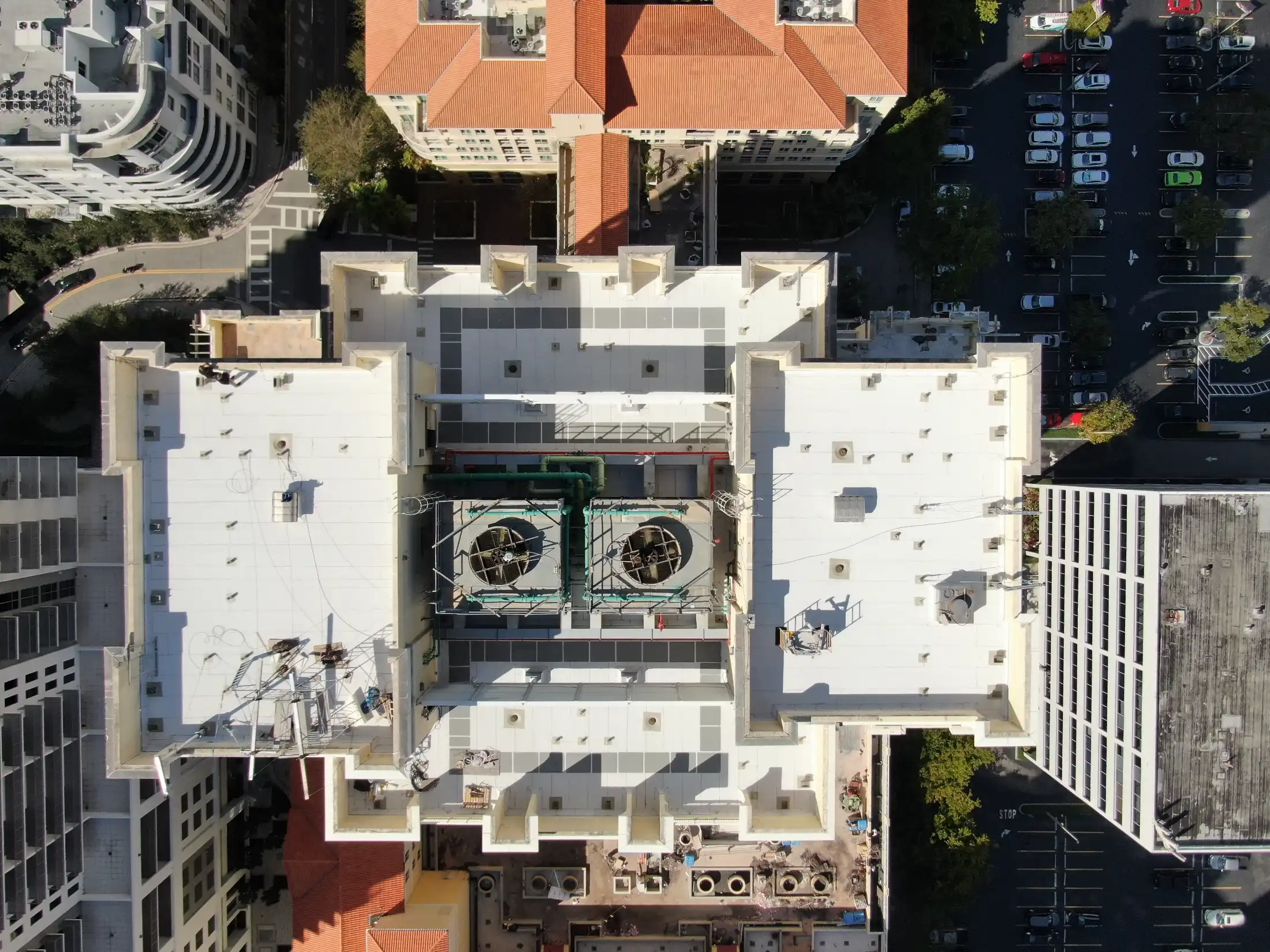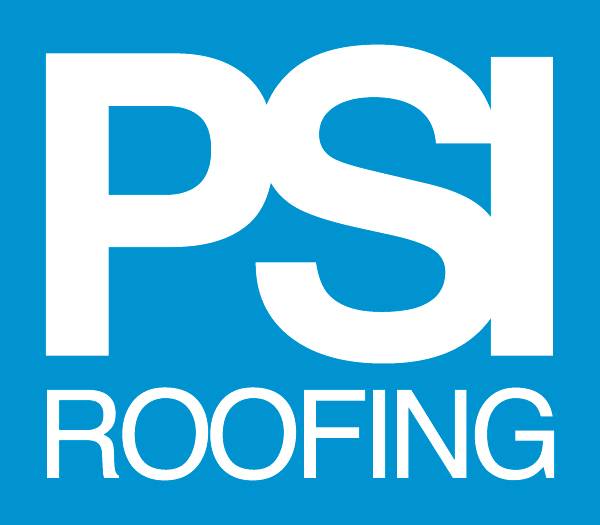Integrity First
Enjoy Long-Lasting Commercial Roofing Services in Broward, Miami-Dade, Palm Beach, Martin, St. Lucie, and Monroe Counties
Get the Best-In-Class Inspections, Repairs, Maintenance, and More to Protect Your Roof
We’re State CertifiedRoofing Contractors
When your property has roofing needs, trust PSI Roofing as your go-to professional roofing contractor who stands behind our service. Call (954) 791-7663 to request our services.
State Certified Roofing Contractor
License # CCC047136
State Certified General Contractor
License # CGC062912
Request A Free Estimate
We Only Use High-Quality
Roofing Materials
To maximize the durability of our roofs, our experienced roofers use only the finest roofing materials to ensure exceptional performance and safety for your commercial building.
Personalized
Roofing Solutions
Our experts can help you find the ideal material, color, and style for your roof. We draw upon decades of roofing experience, using top-of-the-line equipment to ensure the job is done right, the first time, every time.
over
experience
South Florida’s Expert Commercial Roofing Services
Keeping your roof up to par will save you money in the long run, and our services are designed to do just that. Request a quote for any of our popular services, including roof repairs, maintenance, inspections, and more, all done by our industry-leading roofing experts.
Roof assessments and inspections
Roof cleaning
Roof repairs
Roof maintenance
Roof replacements and re-roofing
Roof
coatings

29 Years of Quality Roofing Experience
Since 1994, PSI Roofing has been committed to providing quality roofing services to business owners and their commercial roofs. With an integrity-first mindset, we emphasize on only using quality materials and focus on customer satisfaction. Trust our team’s workmanship to address all your roofing needs in Broward, Miami-Dade, Palm Beach, Martin, St. Lucie, and Monroe counties.
Ready to Start Your Project?
Don’t let a worn or damaged roof cause damage to your business. Call PSI Roofing to schedule a thorough inspection, maintenance, repair, or more.
